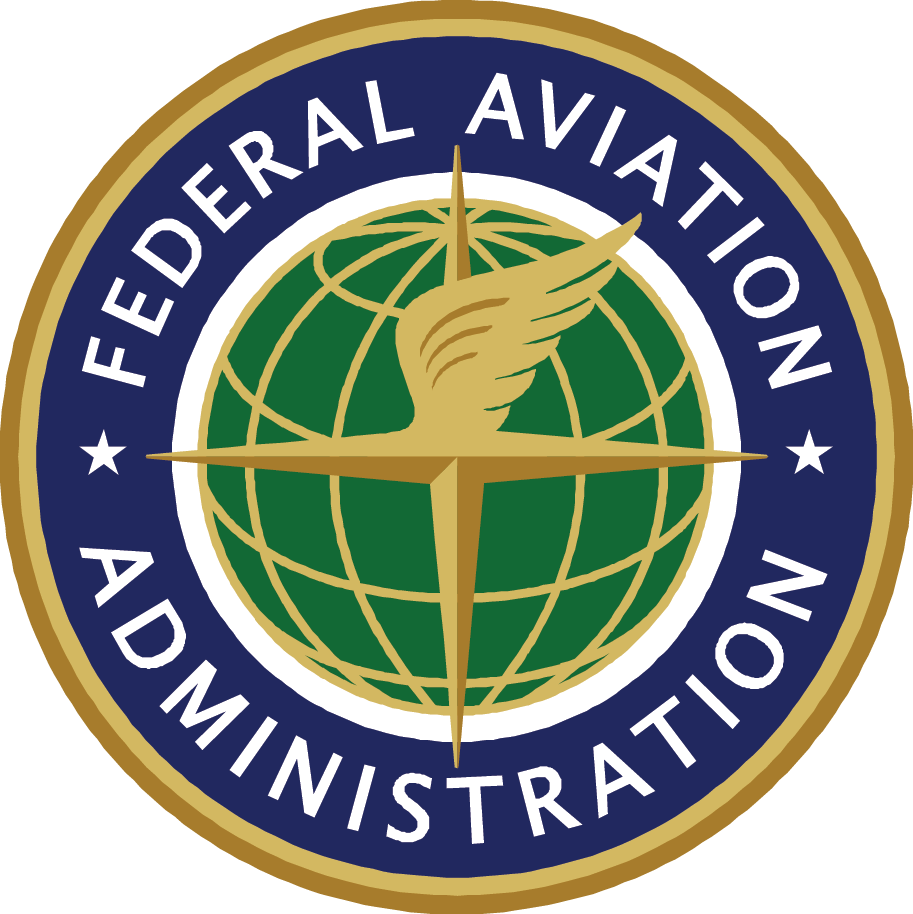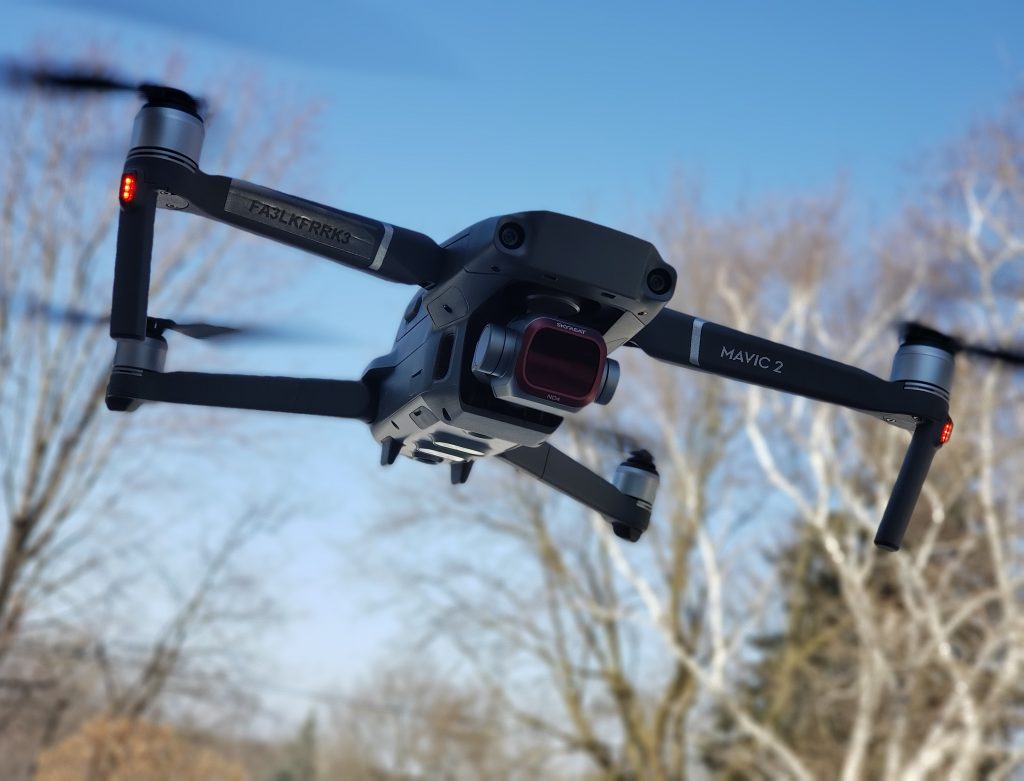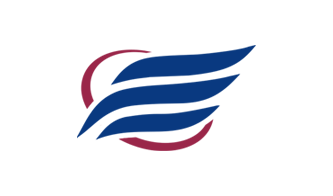
The line between recreational drone users and commercial drone users
For starters, drone operations fall under the FAA’s jurisdiction. All local authorities can certainly pass ordinances that impact drone operators, the FAA sets up the parameters the set the line between recreational drone use and commercial drone use. So, according to the FAA, “drones that weigh more than 0.55 pounds must be registered.” That’s regardless of whether you plan on flying it around the house or the intent is commercial use. However, the FAA has specific rules that recreational operators must follow.
- Follow the safety guidelines of a model aircraft community-based organization.
- Fly at or below 400 feet when in uncontrolled airspace (Class G).
- Fly within visual line-of-sight, meaning you as the drone operator use your own eyes and needed contacts or glasses (without binoculars), to ensure you can see your drone at all times.
- Never fly near other aircraft.
- Never fly over groups of people, public events, or stadiums full of people.
- Never fly near or over emergency response efforts.

If you have your own drone, you’re following those rules, and you’re flying it just for fun…enjoy your hobby! However, the moment you use your drone for any type of compensation or professional benefit, you are flying for commercial purposes. That includes any amount of money, trade, benefit to your own business, or even a candy bar. From that point on, an entirely new set of rules apply to that flight and how you operate that drone.
What happens if you’re caught illegally flying commercial flights?
So what happens to an unlicensed pilot if they’re caught? Well, drone accidents are investigated by the FAA. An unlicensed pilot will be fined between $1,000 and $32,666 per flight or incidence depending on the situation. Those fines could climb higher and be combined with jail time if an investigation finds that the user was operating unsafely.
The company that hired the operator isn’t off the hook either. They could be fined $11,000 per instance for hiring an unlicensed pilot. There have been a few instances of significant civil penalties being applied. One company, SkyPan International in Chicago, had to pay a substantial fine. On October 6, 2015, the company was charged with the civil penalties of $1.9 million by the FAA for flying unregistered drones over restricted areas in illegal ways. The company eventually settled the case with the FAA by paying a $250,000 fine.
AND, if you have the drone and operate it illegally for your own business, you will be responsible for both fines!

Since most companies don’t have the time, man power or know how to deal with the FAA regulations and the testing required to stay on the right side of the law, it’s a smart choice to hire a professional certified & insured UAS drone operator. Once you have made the decision to hire a professional licensed UAV drone pilot, review their work and always ask to see their license. Statistically, over 1.3 million drones have been registered with the FAA but to date, only 116,000 pilots have received certificates from the FAA since the small drone rule went into effect in August of 2016. This means that only 10% of the drones out there are actually able to fly for commercial use.




